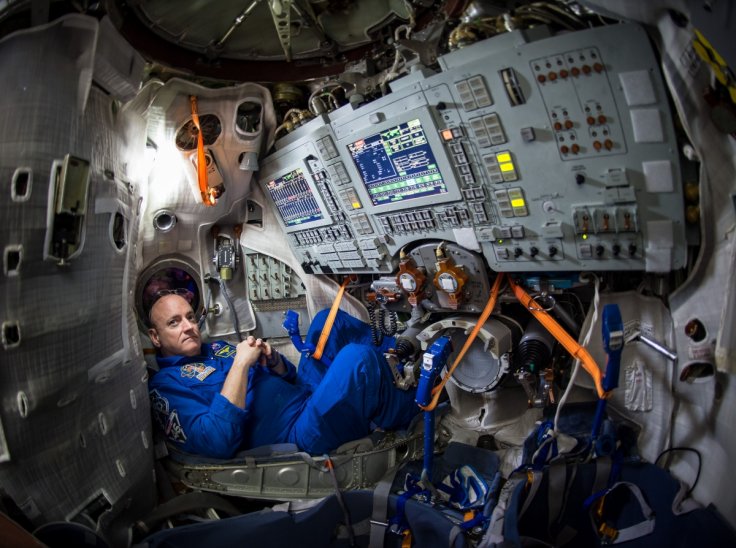
NASA's 'Twins Study' has found that extended space flights could affect the gut bacteria in the body of astronauts, as the American space analyzed both the astronauts Scott Kelly and Mark Kelly who are identical twins to achieve this conclusion.
NASA scientists conducted the study on these astronauts between 2015 and 2016. During this time, Scott Kelly became the first astronaut to spend one year in the space station, while his brother Mark Kelly was on the earth.
Thus, Mark provided a baseline for observation on the earth, while Scott Kelly provided a comparable test case in space.
During his one year stay in the space, Scott Kelly experienced a major shift in the ratio of two bacteria in his gut microbiome. Before going to space, the study team collected two faecal samples from Scott Kelly and they collected three more samples after he reached back to earth.
It should be noted that gut health plays a crucial role in digestion, metabolism, and immunity. Recent studies have also proved that gut microbiome is directly connected with the health of bones, brain and muscles.
Researchers believe that this new study report will help medical experts to figure out a proper plan to protect astronauts, especially during long space trips to planets like Mars.
"We cannot send humans to Mars without knowing how spaceflight affects the body, including the microbes travelling with humans to Mars. And we need to know sooner rather than later. The plan is to send people to Mars in 2035, so we cannot wait until 2033 to gain this information," said Fred W. Turek, who led the study in a recent statement, Eurekalert.org reports.
Experts also suggested that there are various factors including microgravity, increased radiation, shifts in circadian rhythms, decreased sleep time and lack of air circulation that could affect the gut health of astronauts during space flight.
"We think that microgravity has an effect on the bacteria. That's what we want to determine going forward," added Turek.









